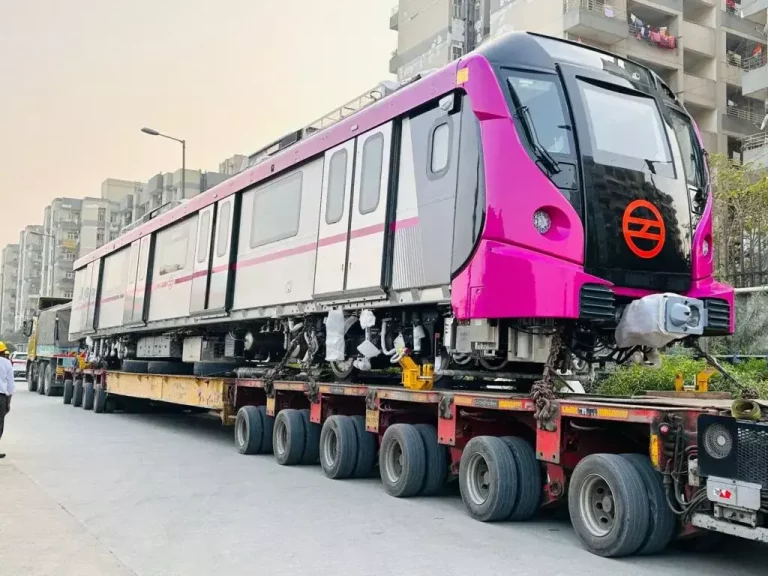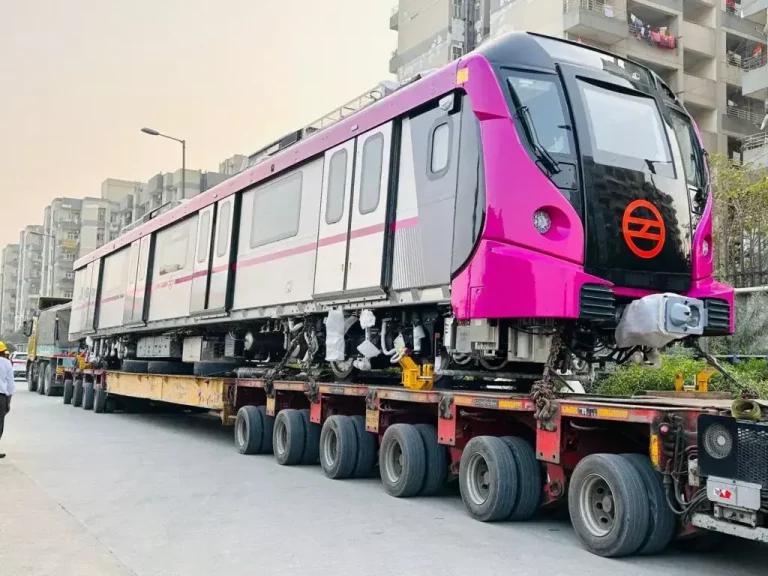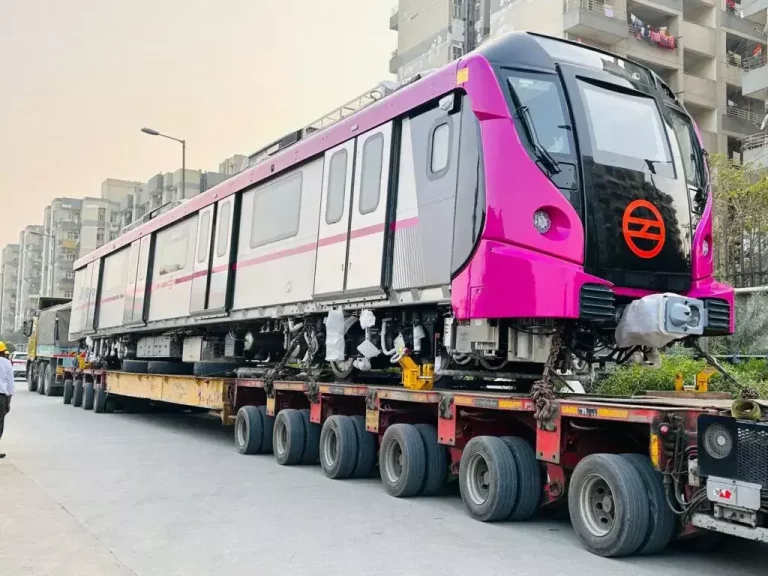
Jobs Don’t Disappear Due to Tech: PM Modi on AI
In a recent address at the AI Action Summit in Paris, Prime Minister Narendra Modi shed light on the common misconception surrounding Artificial Intelligence (AI) and its impact on the job market. The fear of AI taking away human jobs has been a topic of concern for many, but PM Modi’s words of wisdom aim to alleviate these fears and highlight the benefits of embracing technological advancements.
According to PM Modi, the loss of jobs is the most feared disruption caused by AI. However, history has shown that work does not disappear due to technology, but rather its nature changes, and new types of jobs are created. This statement is backed by numerous examples of how technological innovations have transformed industries and created new opportunities.
The prime minister’s words are a testament to the fact that AI is not a job killer, but rather a job transformer. It’s essential to recognize that AI is designed to augment human capabilities, not replace them. As AI takes over repetitive and mundane tasks, it frees up human workers to focus on more creative and high-value tasks that require empathy, problem-solving, and critical thinking.
The fear of job loss due to AI is not unfounded, however. Automation and AI have already started to disrupt various industries, from manufacturing to customer service. According to a report by the McKinsey Global Institute, up to 800 million jobs could be lost worldwide due to automation by 2030. However, the same report also suggests that up to 140 million new jobs could be created, mostly in areas that require human skills such as creativity, empathy, and complex problem-solving.
So, what are these new types of jobs that AI is expected to create? One area that is gaining significant attention is the field of AI development and maintenance. As AI becomes more pervasive, the demand for skilled professionals who can design, develop, and maintain AI systems is expected to grow exponentially. This includes data scientists, machine learning engineers, and AI researchers.
Another area that is expected to witness significant growth is the field of AI-powered customer service. With the rise of chatbots and virtual assistants, companies are looking for professionals who can develop and implement AI-powered customer service solutions. This includes customer service agents, technical support specialists, and AI-powered chatbot developers.
The healthcare industry is also expected to see a significant impact of AI, with AI-powered diagnosis and treatment solutions becoming increasingly popular. This will create new job opportunities for healthcare professionals who can work alongside AI systems to provide better patient care.
In addition to these new job opportunities, AI is also expected to create new industries and business models that we cannot yet imagine. For instance, the rise of autonomous vehicles is expected to create new job opportunities in areas such as autonomous vehicle software development, autonomous vehicle testing, and autonomous vehicle maintenance.
In conclusion, PM Modi’s words of wisdom emphasize the importance of embracing AI and its potential to create new job opportunities. While AI may replace some jobs, it is also expected to create new ones that require human skills such as creativity, empathy, and problem-solving. As we move forward in this era of rapid technological change, it is essential to recognize the benefits of AI and invest in skills that will enable us to thrive in an AI-powered world.





